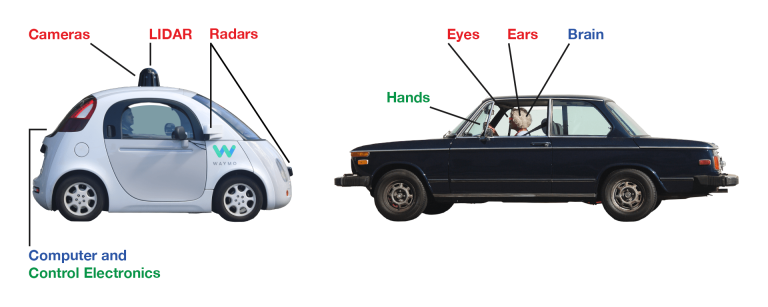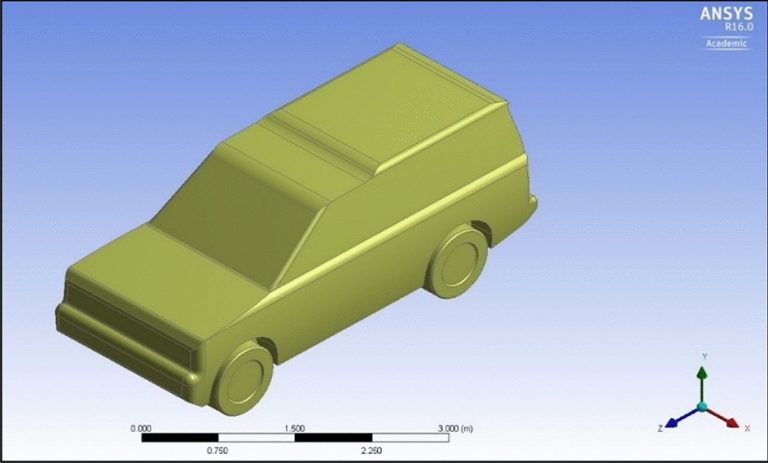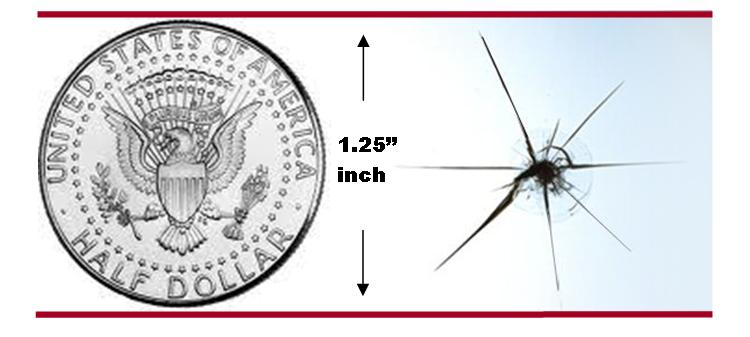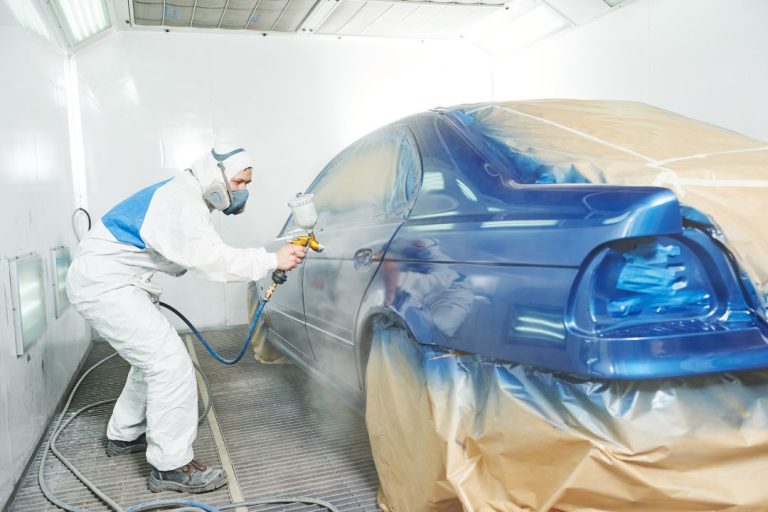What Happens When AC Compressor Goes Bad : Symptoms and Solutions
When the AC compressor goes bad, less cool air comes out, potentially leading to higher power bills. The system may run continuously without effectively cooling your home, as refrigerant isn’t pumped through the system.
This can result in warm air coming from the vents, decreased airflow, and abnormal noises like ticking or rattling. If left unaddressed, a faulty AC compressor can lead to further damage, impacting both the efficiency of your cooling system and potentially causing other issues within your vehicle.
To ensure optimal performance and prevent costly repairs, it’s crucial to address any symptoms of a failing AC compressor promptly.
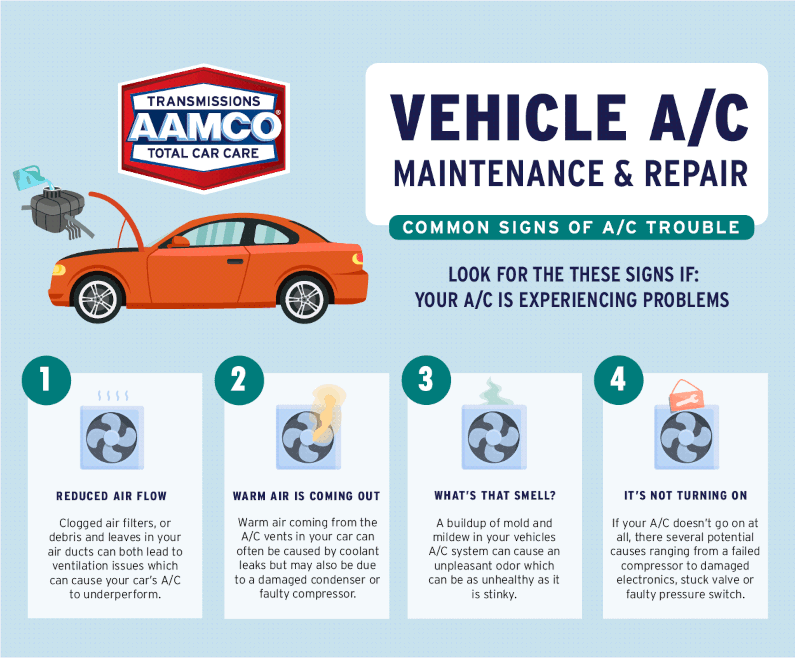
Credit: www.aamcoblog.com
Common Symptoms
When the AC compressor starts to malfunction, several warning signs may appear. It’s important to be aware of these common symptoms to address the issue promptly.
Odd Noises
If you hear ticking or chattering sounds coming from your AC unit, it could indicate a faulty compressor.
Warm Air Coming From Vents
Feeling warmer air instead of the usual cool breeze from your vents might signal a problem with the compressor.
Refrigerant Leaks
Leaking refrigerant can be a clear indicator that the AC compressor is not functioning properly, causing a decline in cooling efficiency.
Consequences Of A Bad Compressor
A dysfunctional AC compressor can lead to various detrimental consequences, affecting both the performance and efficiency of your HVAC system. Below are the potential repercussions of a bad compressor:
Decreased Airflow
A failing AC compressor can cause a significant drop in airflow throughout your home, resulting in inadequate cooling and discomfort.
Higher Power Bills
When the compressor is malfunctioning, your HVAC system may consume more energy to compensate for the reduced cooling capacity, leading to increased electricity bills.
Complete System Failure
If left unrepaired, a bad compressor can ultimately lead to a complete system breakdown, leaving you without any cooling or heating capabilities until necessary repairs are made.
Effect On Vehicle
When the AC compressor goes bad, it can have significant effects on the vehicle’s functionality, leading to a range of issues that directly impact the comfort and performance of the car’s air conditioning system. Here are the effects of a malfunctioning AC compressor on the vehicle:
A/c System Not Cooling
One of the primary effects of a faulty AC compressor is the inability of the A/C system to cool the air. When the compressor fails, it cannot compress and circulate the refrigerant, leading to warm air emanating from the A/C vents instead of the desired cool air. This can result in discomfort for the driver and passengers, especially during hot weather conditions.
Potential Engine Damage
In addition to affecting the A/C system, a bad AC compressor can cause potential damage to the engine. With the compressor failing to distribute refrigerant, the system may overheat, leading to increased strain on the engine. This can result in reduced engine efficiency, increased fuel consumption, and potentially, engine overheating, which in turn can lead to more severe and costly mechanical issues.

Credit: blairsair.com
Safety And Practical Considerations
When the AC compressor goes bad, there may be odd noises, worn-out serpentine belts, warm air from the vents, and leaking refrigerant. The compressor is the heart of the AC system, and if it fails, less air will come out, the air could be warm, and the system may run without cooling.
Driving with a bad compressor is not recommended.
Driving With A Bad A/c Compressor
Driving with a faulty A/C compressor is not recommended. While you may be tempted to tough it out, there are safety and practical considerations to keep in mind. Here’s what you need to know:
- Less Comfortable Driving Experience: When the A/C compressor goes bad, the air coming out of the vents may be warm, and the system may run continuously without cooling your vehicle. This can make your driving experience uncomfortable, especially during hot weather.
- Possible Engine Damage: The A/C compressor is an integral part of your vehicle’s air conditioning system. Ignoring a bad compressor can lead to further damage, potentially affecting your engine. It’s essential to address the issue promptly to avoid costly repairs down the road.
- Increased Health Risks: In addition to potential engine damage, driving with a faulty A/C compressor can have health implications. A malfunctioning compressor can cause a buildup of mold and bacteria in the vents, leading to poor air quality and potential respiratory issues. It’s crucial to prioritize your well-being and have the compressor repaired to maintain a healthy environment inside your vehicle.
Consequences Of Ignoring The Issue
Ignoring a bad A/C compressor can have several consequences, both in terms of cost and safety. Here are some potential outcomes:
- Higher Power Bills: When the A/C compressor fails, it can cause the system to continually run without cooling your vehicle. This excessive running draws more power and can lead to higher energy bills.
- Reduced Resale Value: A vehicle with a known issue like a bad A/C compressor may have reduced resale value. Prospective buyers may raise concerns about the overall condition of the vehicle, leading to lower offers and longer selling periods.
- Intensified Damage: Ignoring a bad A/C compressor can result in further damage to your vehicle’s air conditioning system. Components like the condenser and evaporator may be affected, leading to more extensive repairs and increased expenses in the future.
- Compromised Safety: Driving without a properly functioning A/C compressor can compromise your safety on the road, especially during extreme weather conditions. Reduced visibility due to foggy windows or driver discomfort can increase the risk of accidents.
Given the potential safety risks and practical implications, it’s crucial to address a bad A/C compressor as soon as possible. Contact a trusted mechanic to diagnose the issue and restore your vehicle’s cooling system to its optimal condition.
Solutions And Costs
When the AC compressor goes bad, you may experience warm air from the vents, reduced airflow, and potential refrigerant leaks. This can lead to higher energy consumption and ineffective cooling in your home or car. Be cautious as driving with a faulty compressor can cause further damage to your vehicle.
Repairing Or Replacing The Compressor
If your AC compressor goes bad, you have two main options: repairing or replacing it. The choice depends on the extent of the damage and the overall condition of your AC system. Repairing the compressor involves fixing specific components or parts that may be causing the issue. This option is generally more cost-effective but may not be a long-term solution if the compressor is severely damaged or worn out.
On the other hand, replacing the compressor involves getting a brand new one installed in your AC system. This option is more expensive but ensures a reliable and efficient cooling performance. It is often recommended when the compressor is beyond repair or too old. The cost of replacing an AC compressor can vary depending on factors such as the make and model of your vehicle and the labor fees charged by the technician.
Impact On Vehicle Operation And Safety
A bad AC compressor can have significant impacts on your vehicle’s operation and safety. When the compressor fails, the AC system will not be able to cool the air properly, resulting in less air flow and warm air coming out of the vents. This can make driving uncomfortable, especially in hot weather.
Furthermore, a malfunctioning compressor can lead to refrigerant leaks, which can be harmful to the environment and pose health risks if inhaled. Continuously running the AC system without cooling can also put a strain on other components, potentially leading to further damage. In some cases, a faulty compressor can even cause the circuit breaker to trip or the unit to vibrate when starting up.
It is important to address a bad AC compressor as soon as possible to prevent these issues from worsening. Not only will repairing or replacing the compressor restore proper cooling, but it will also ensure the safe operation of your vehicle’s AC system.
Cost Overview
The cost of repairing or replacing an AC compressor can vary depending on several factors. Repairs are generally more affordable, with costs ranging from $150 to $600, depending on the specific components that need fixing.
Replacing a compressor, on the other hand, can be more costly, ranging from $500 to $2000 or more, including both the cost of the compressor itself and the labor fees for installation.
It is important to note that these costs are just estimates and can vary depending on the make and model of your vehicle, as well as the location and expertise of the technician performing the repairs or replacement.

Credit: www.autotechiq.com
Frequently Asked Questions Of What Happens When Ac Compressor Goes Bad
What Are The Symptoms Of A Bad Ac Compressor?
Symptoms of a bad AC compressor include odd noises, worn serpentine belt, less air flow, warm air, and refrigerant leaks.
What Happens When Ac Compressor Stops Working?
When the AC compressor stops working, less air comes from the vents, the air may be warm, and the system runs without cooling, leading to higher power bills. You shouldn’t drive with a bad compressor since it can cause greater damage to the engine and affect your health.
Can I Run My Ac With A Bad Compressor?
No, it is not advisable to run your AC with a bad compressor. The compressor is a vital component of your AC system, and if it fails, the system will most likely stop cooling. It can also result in less air flow and warmer air coming out of the vents.
Running the AC in this condition may lead to higher power bills and potential damage to other parts of the system.
Is It Ok To Drive A Car With A Bad Ac Compressor?
Driving a car with a bad AC compressor is not recommended. It can cause damage to your engine and compromise your health. When the compressor fails, the AC system may not cool properly, and you may experience warmer air coming out of the vents.
It’s best to get the compressor repaired or replaced to avoid further issues.
Conclusion
A malfunctioning AC compressor can lead to warm air from vents, unusual noises, and increased power bills. It is not recommended to drive with a faulty compressor due to potential damage to the engine and health risks. Regular maintenance and prompt repairs can mitigate these issues and ensure efficient cooling.


